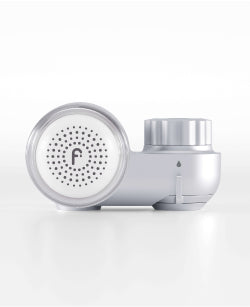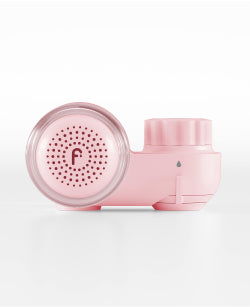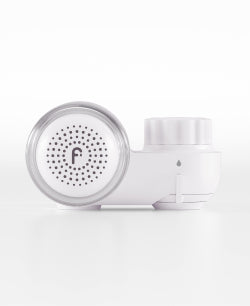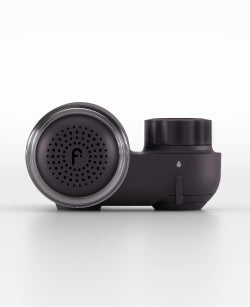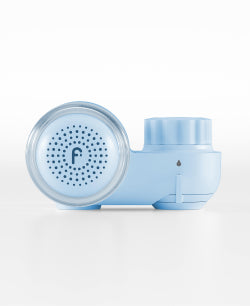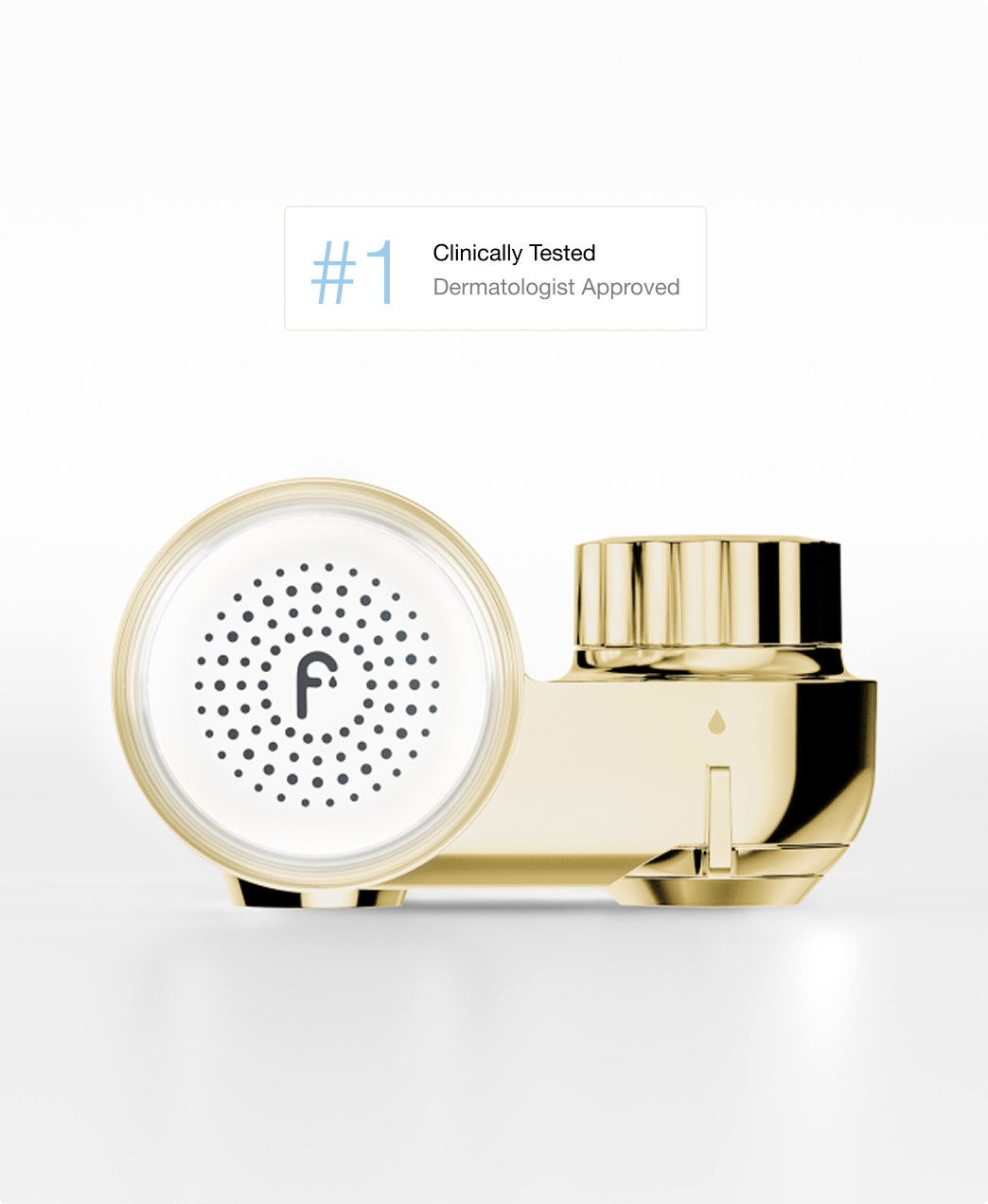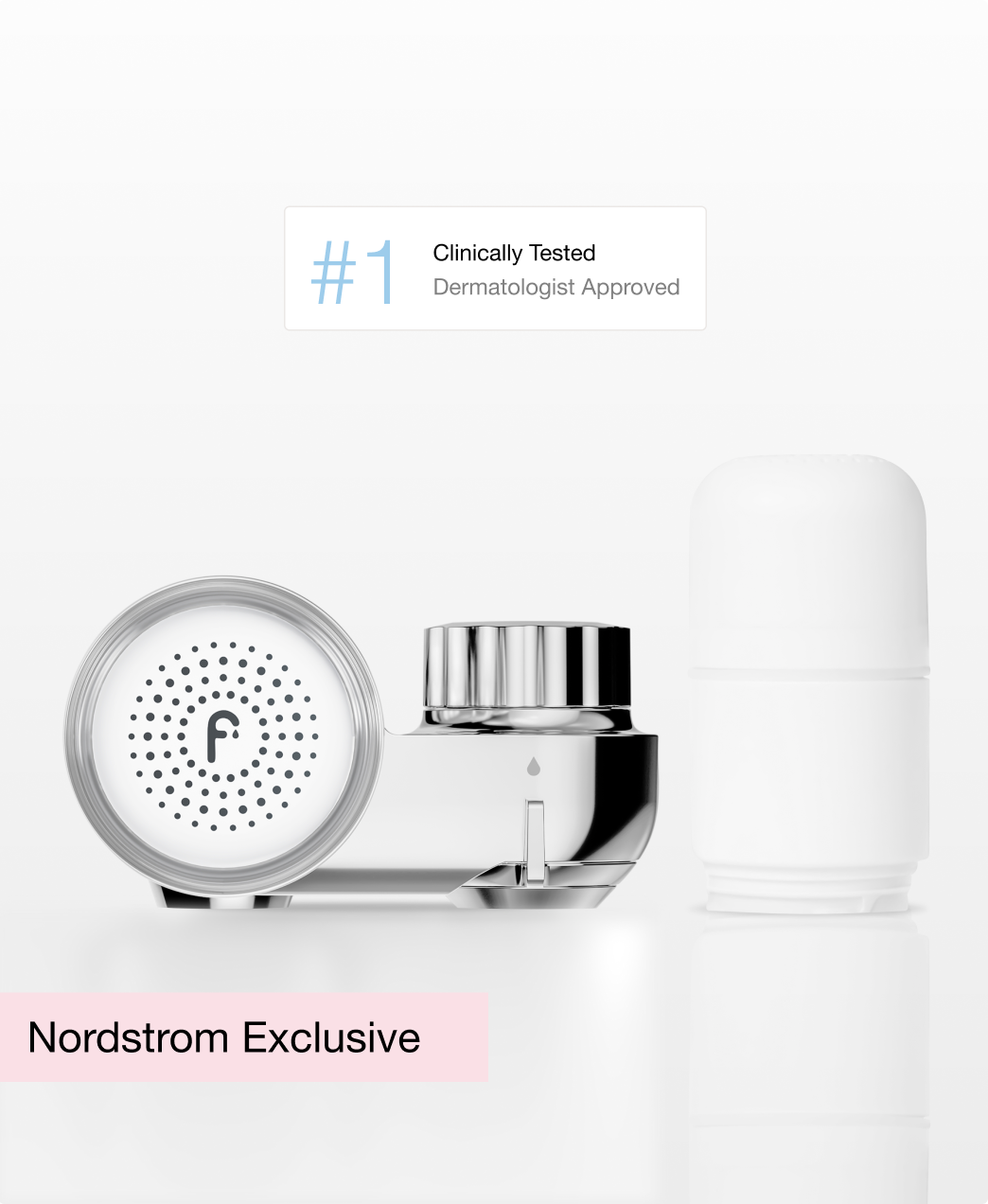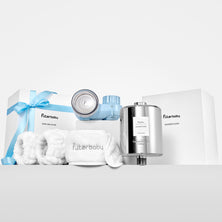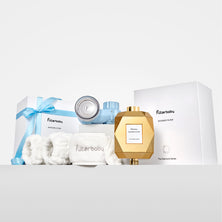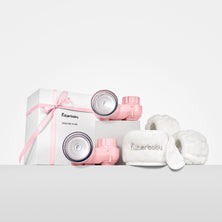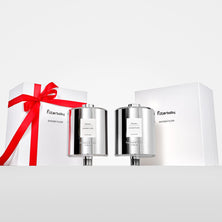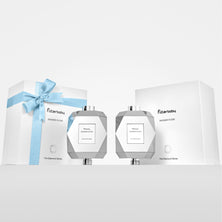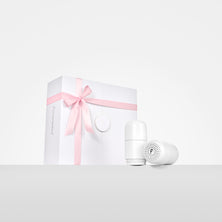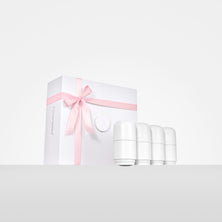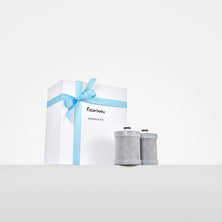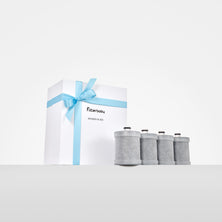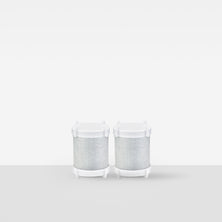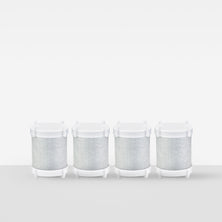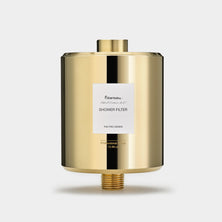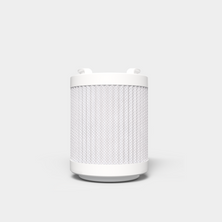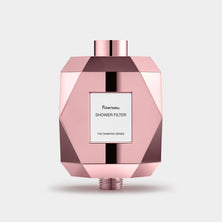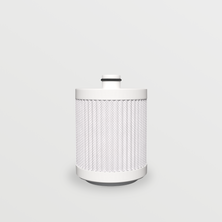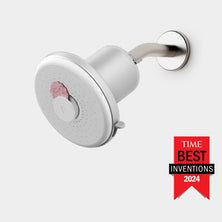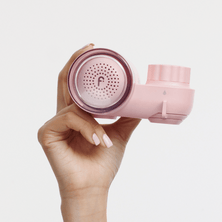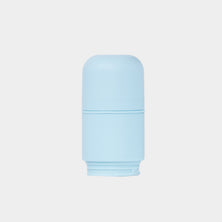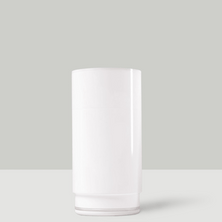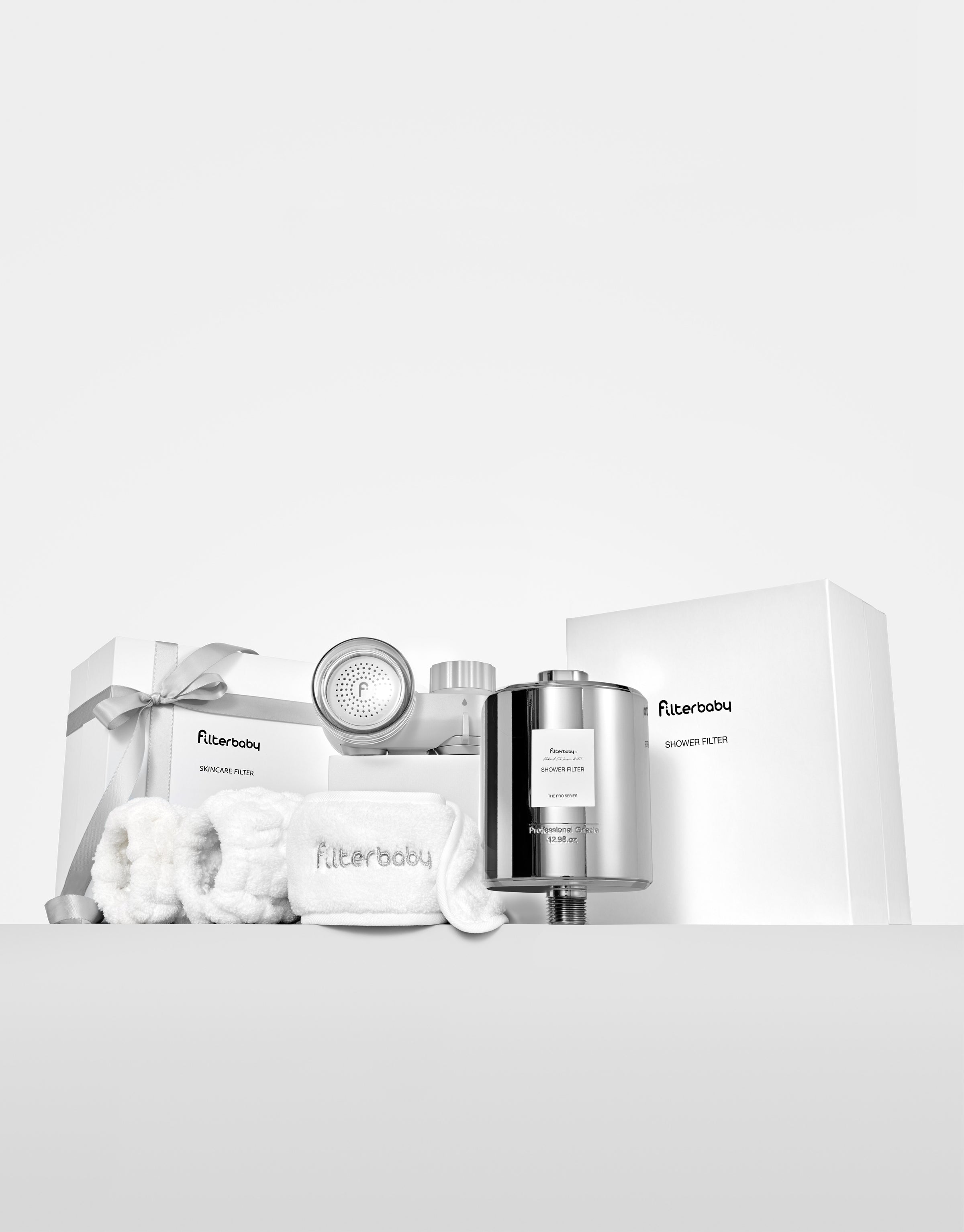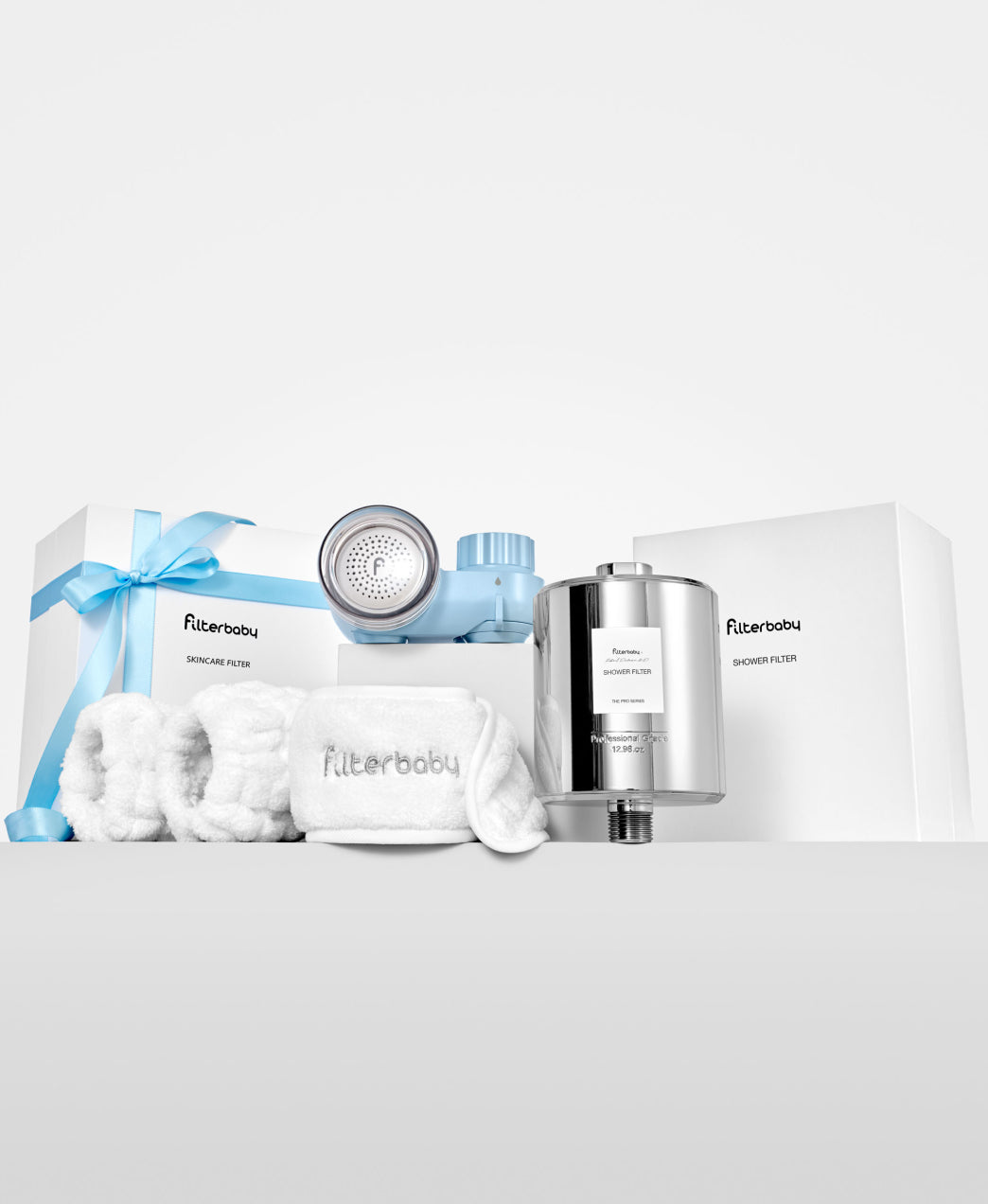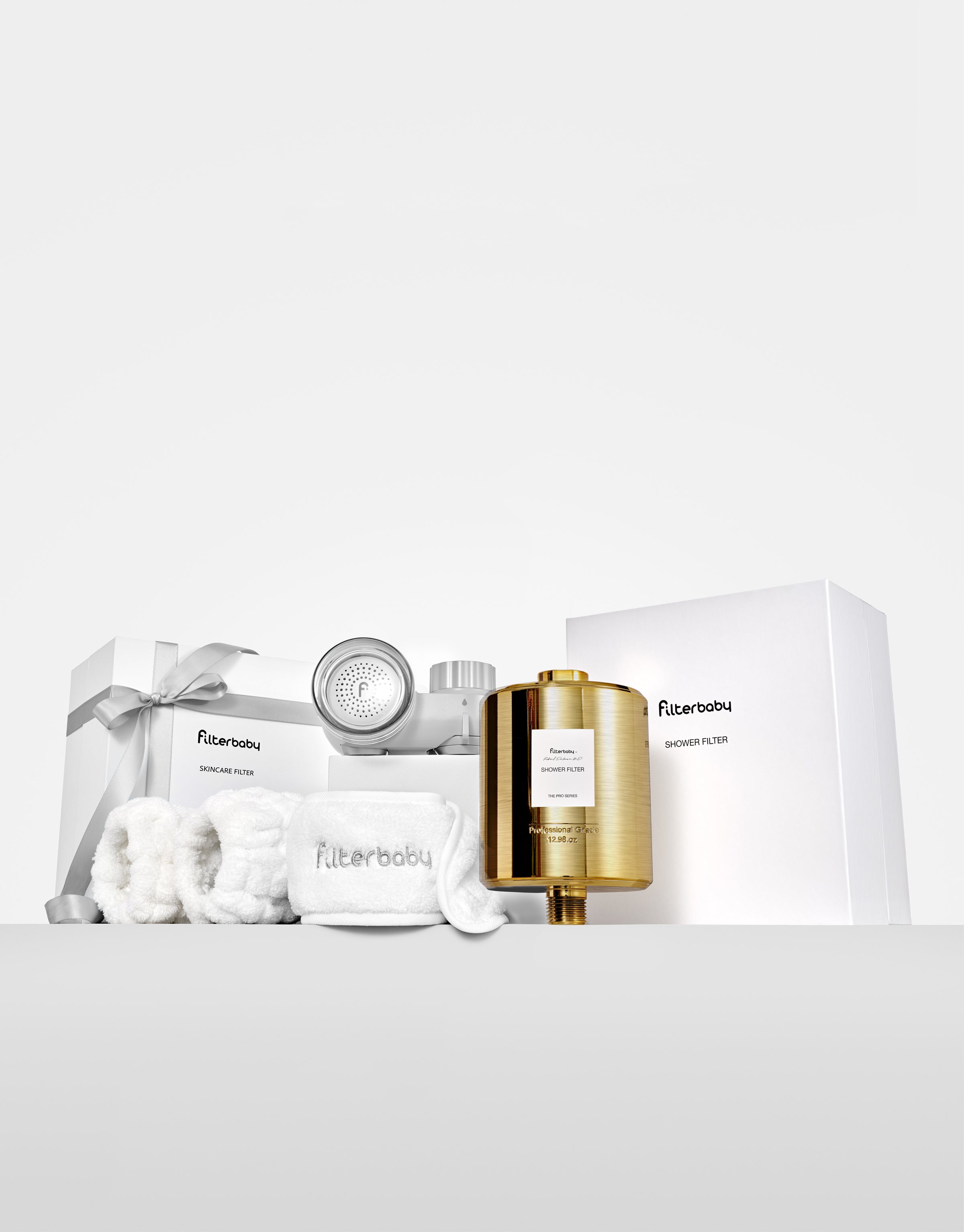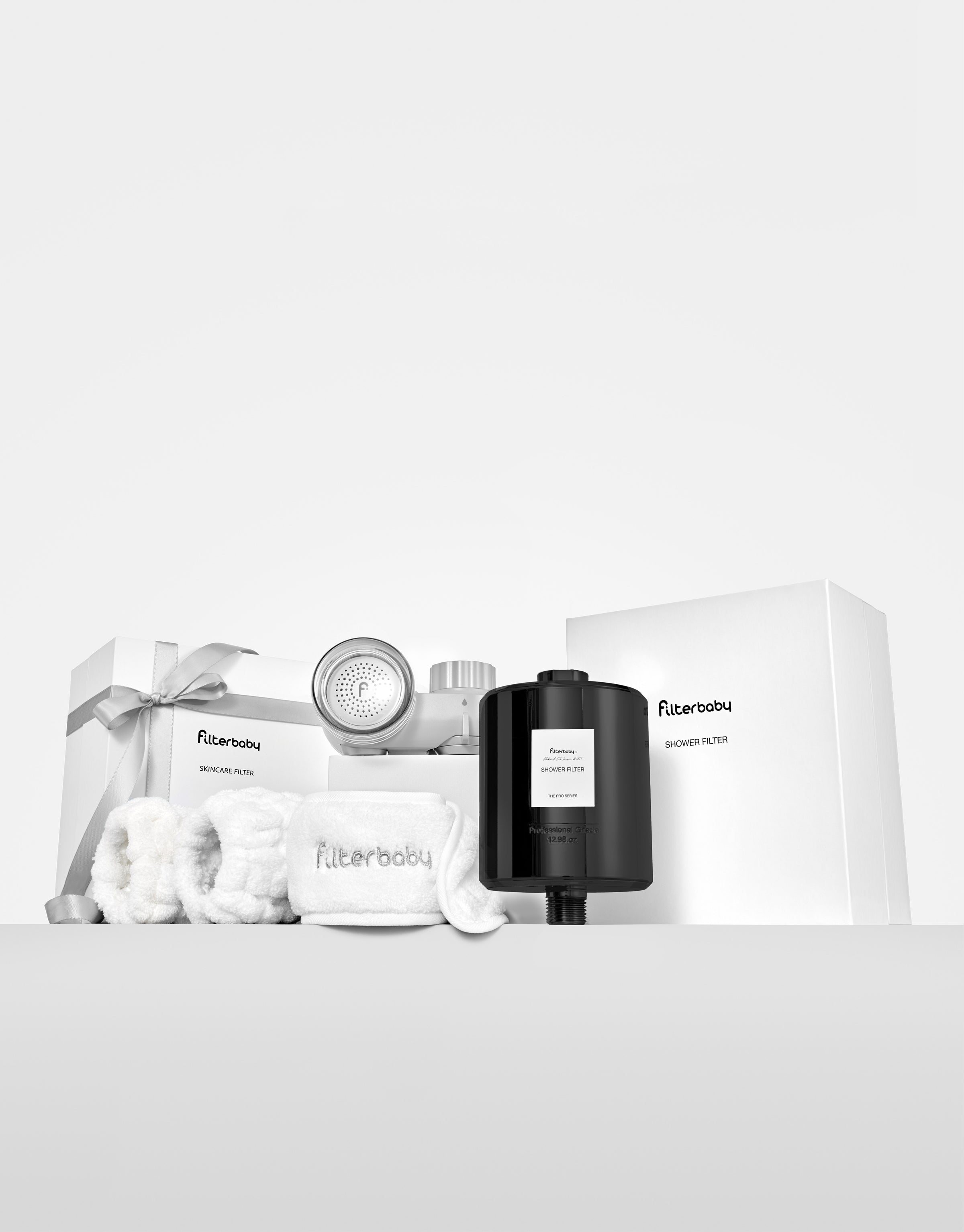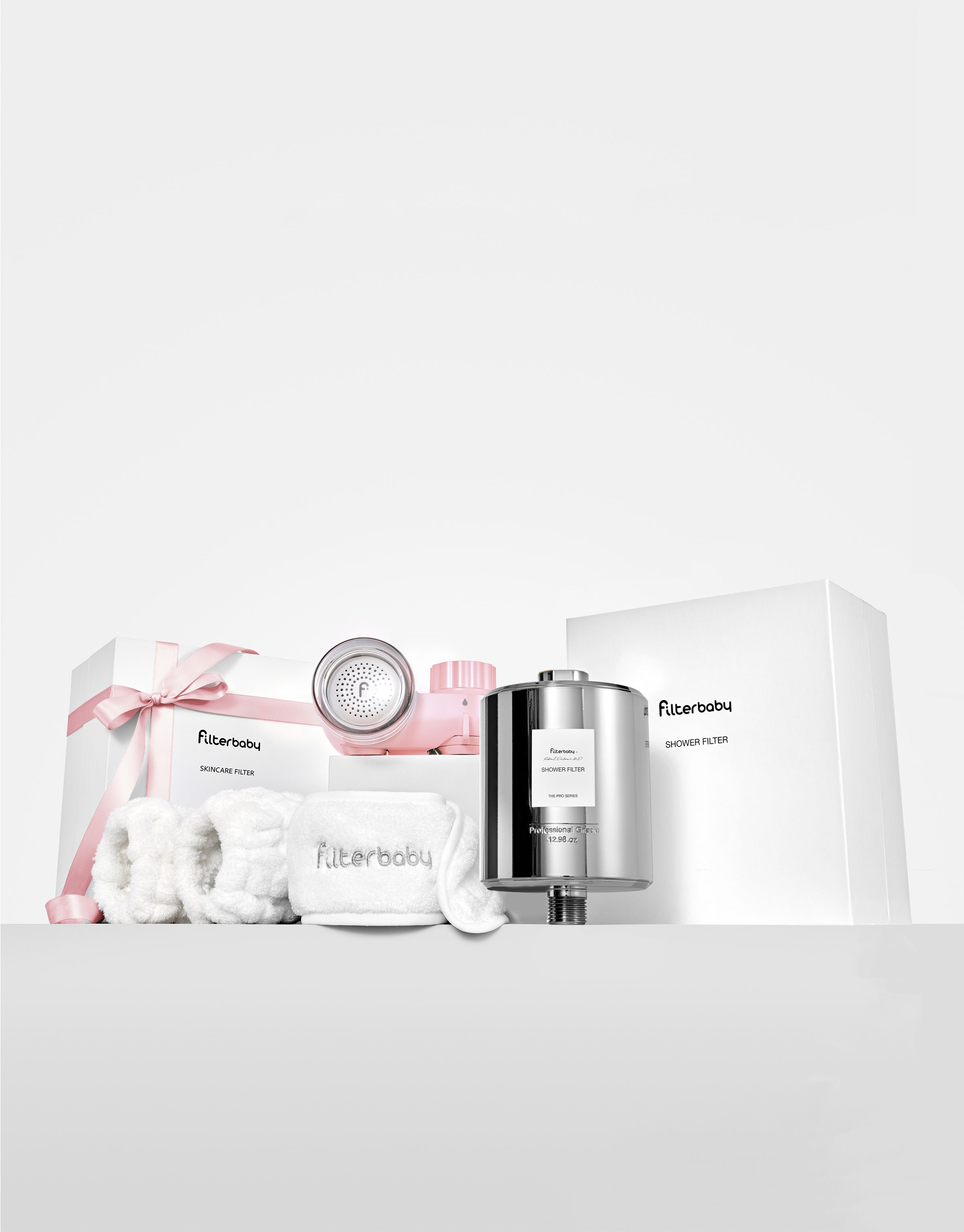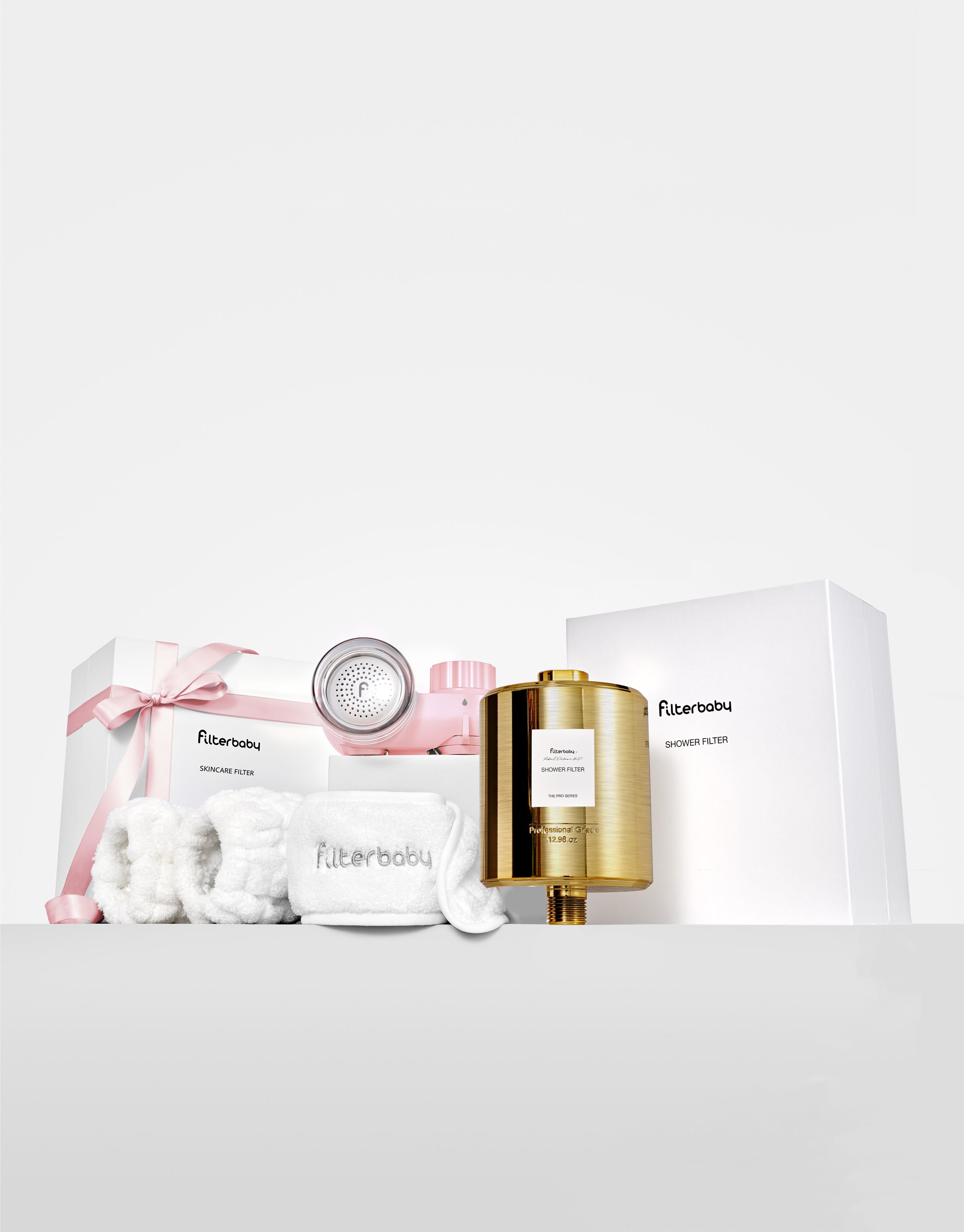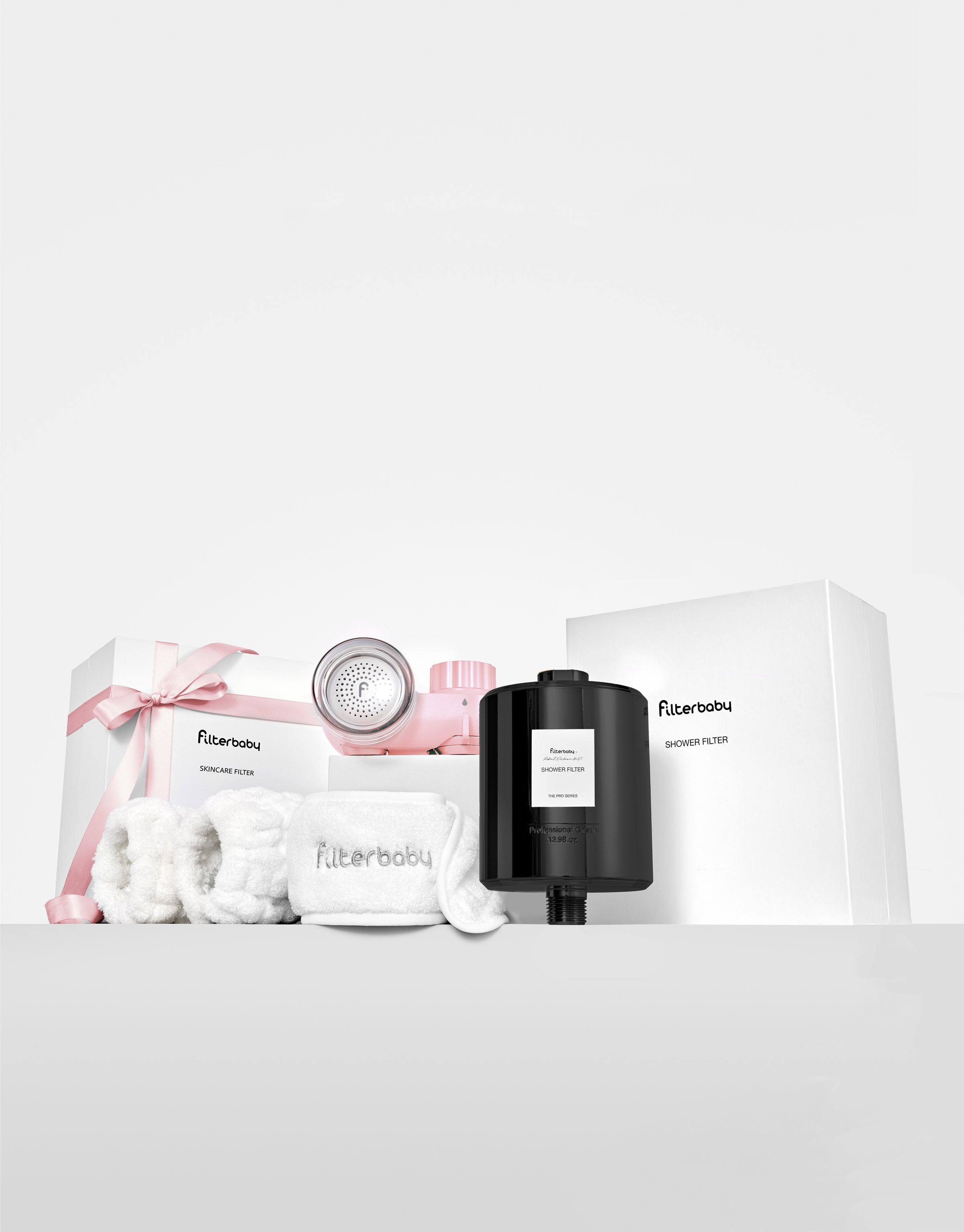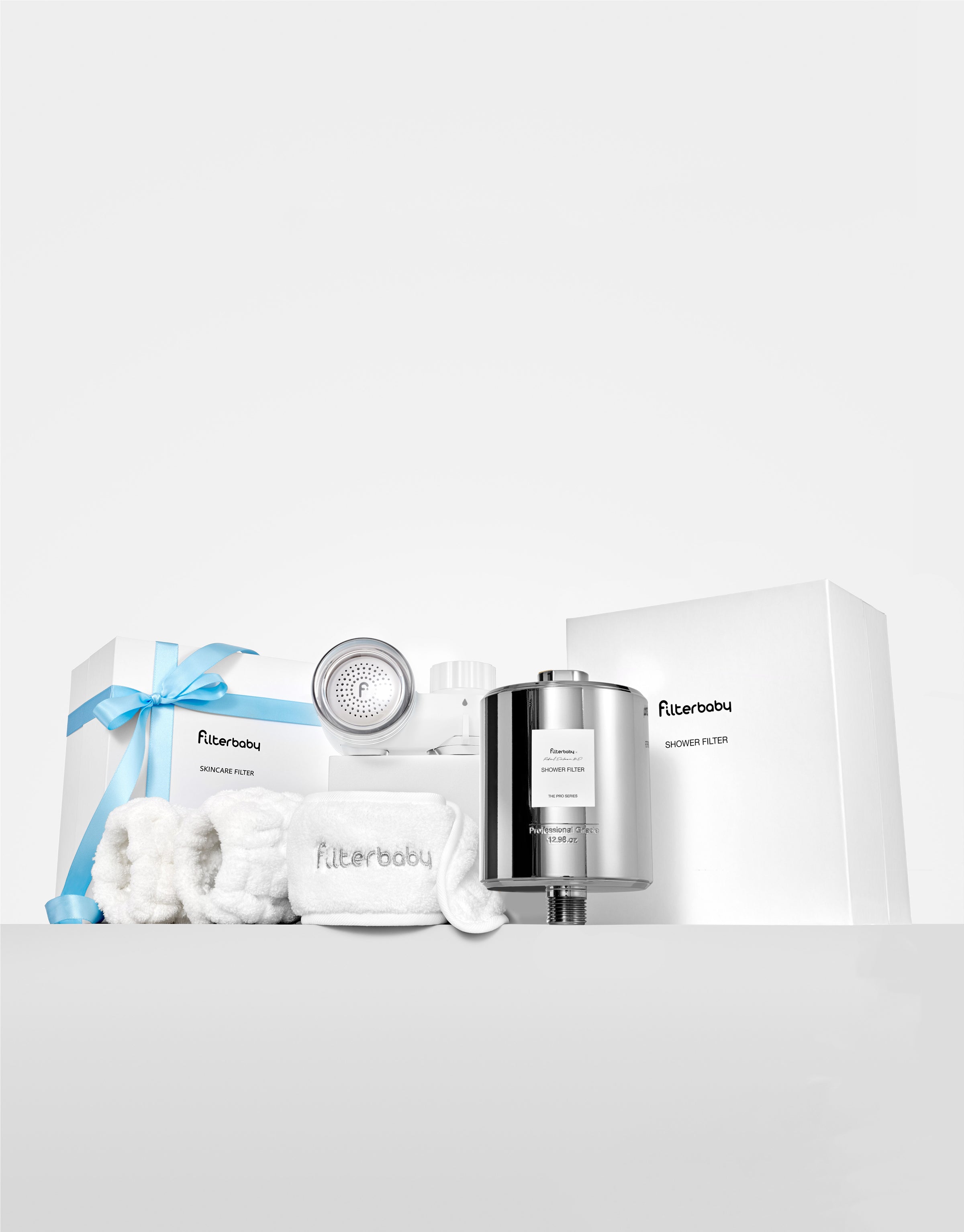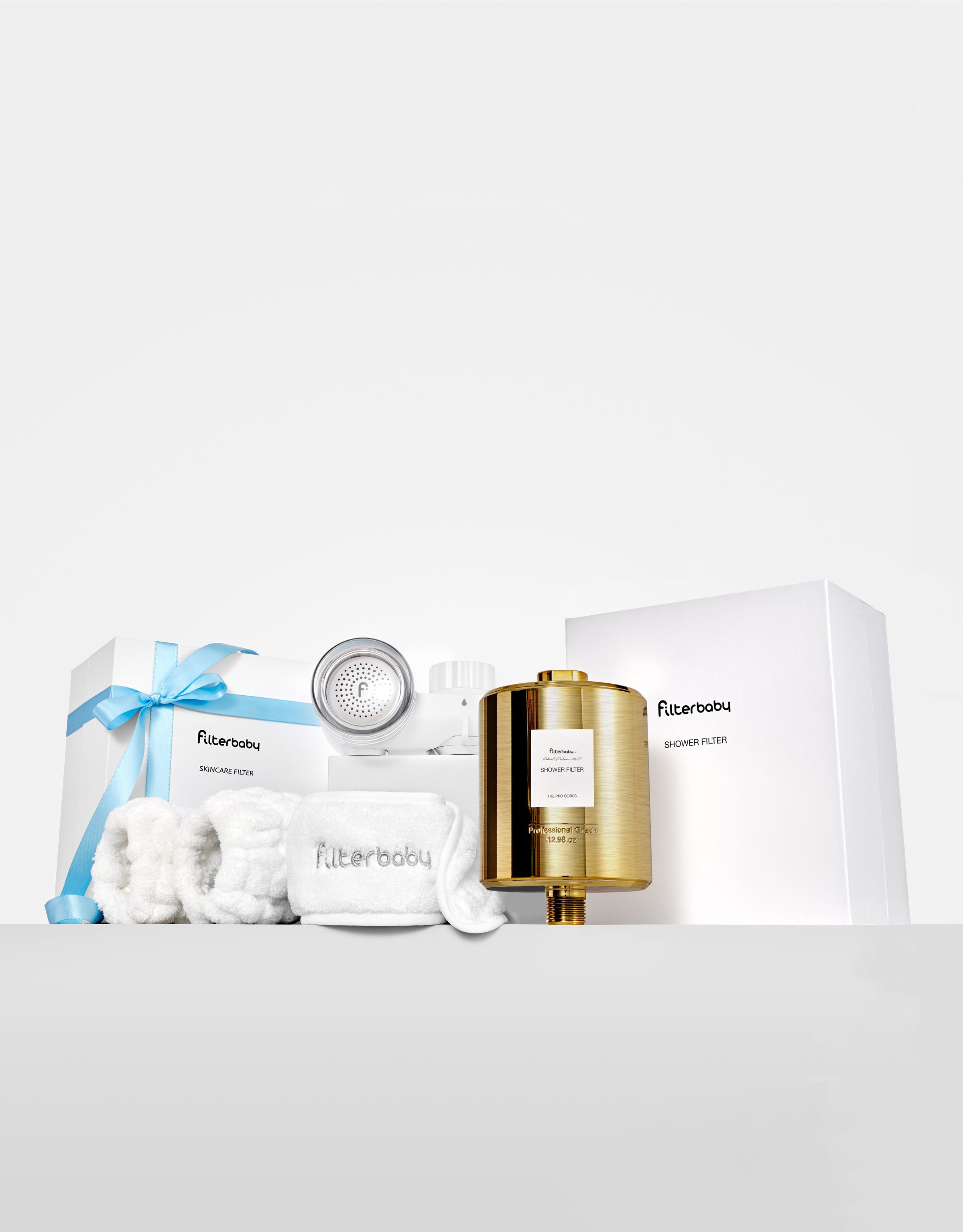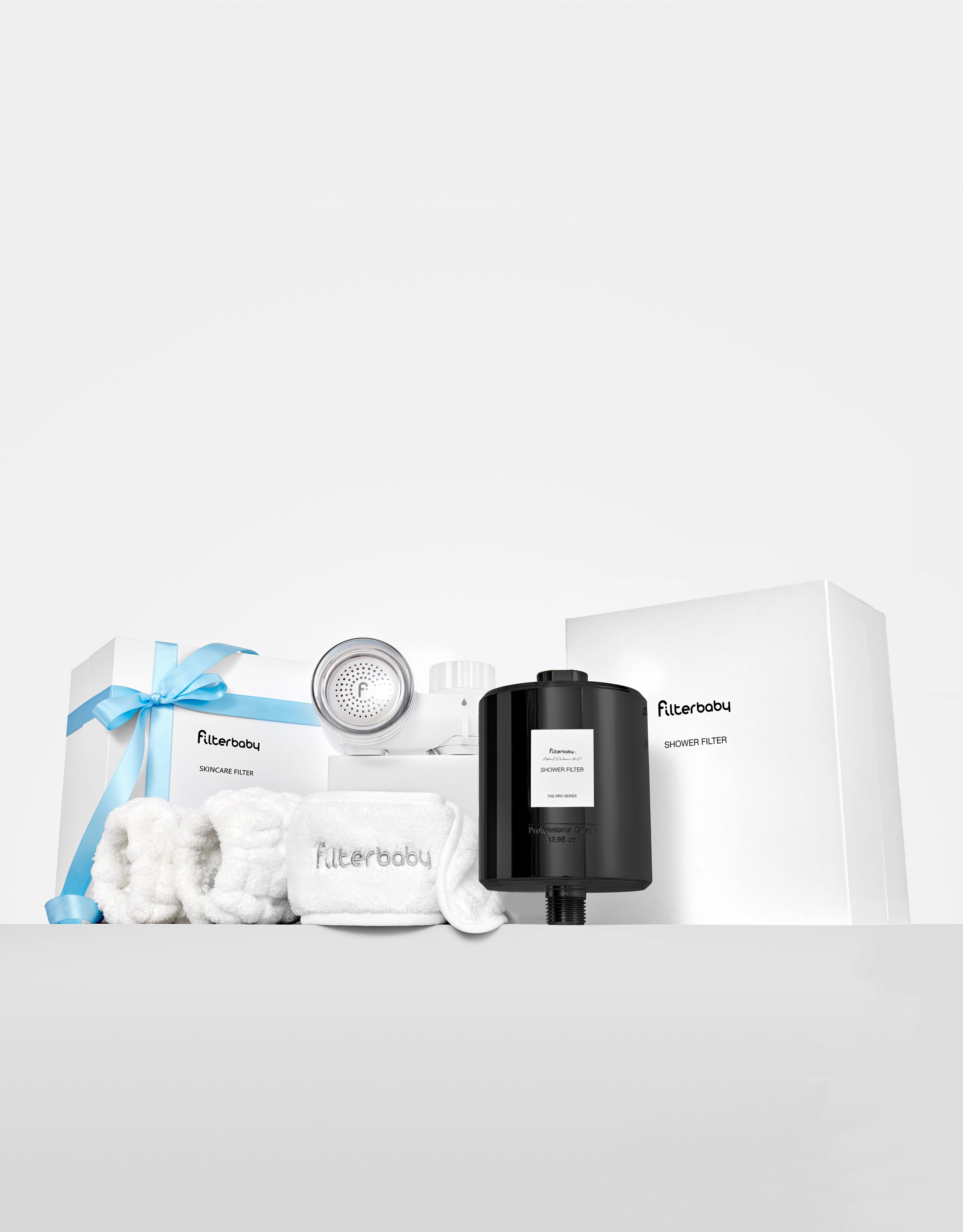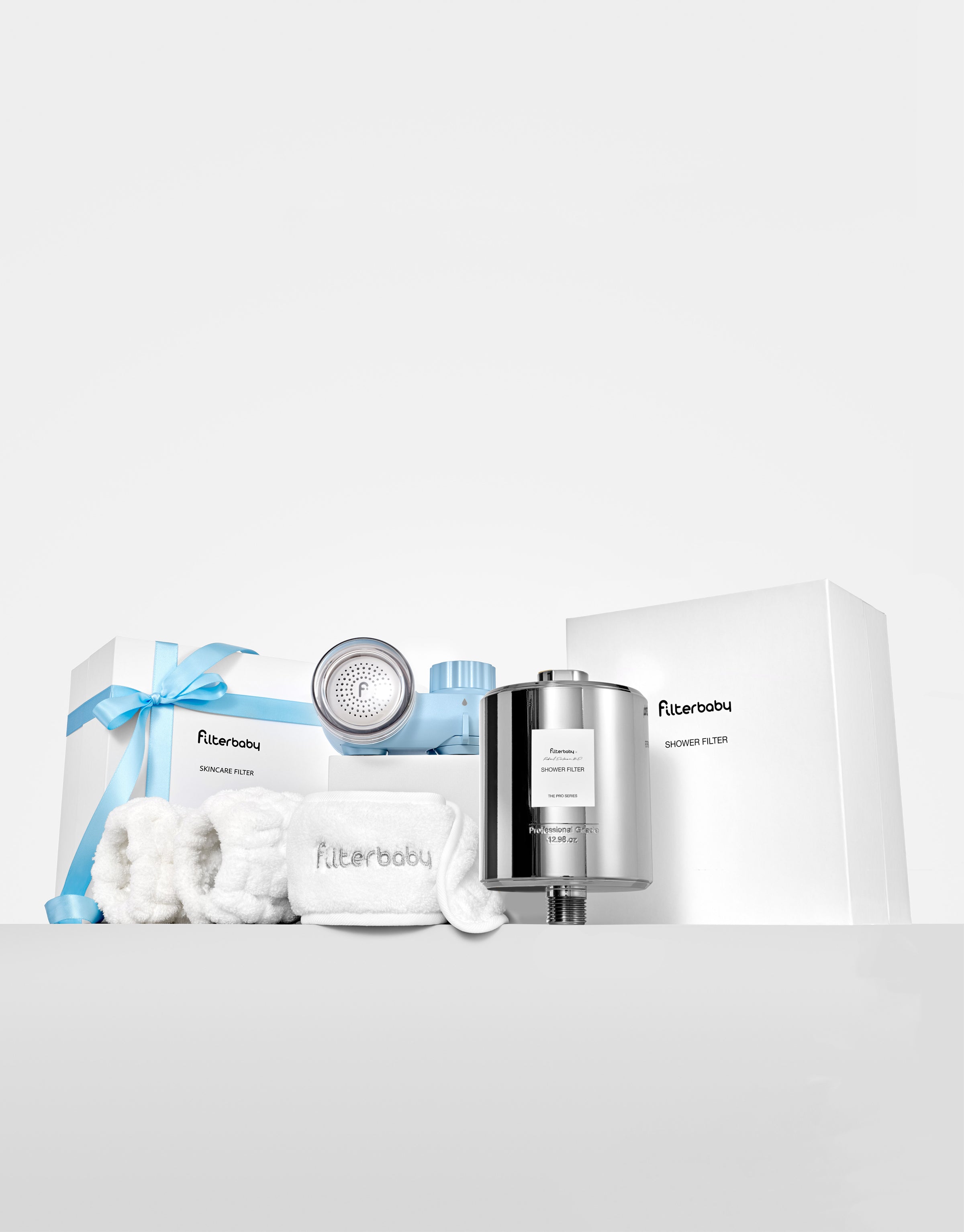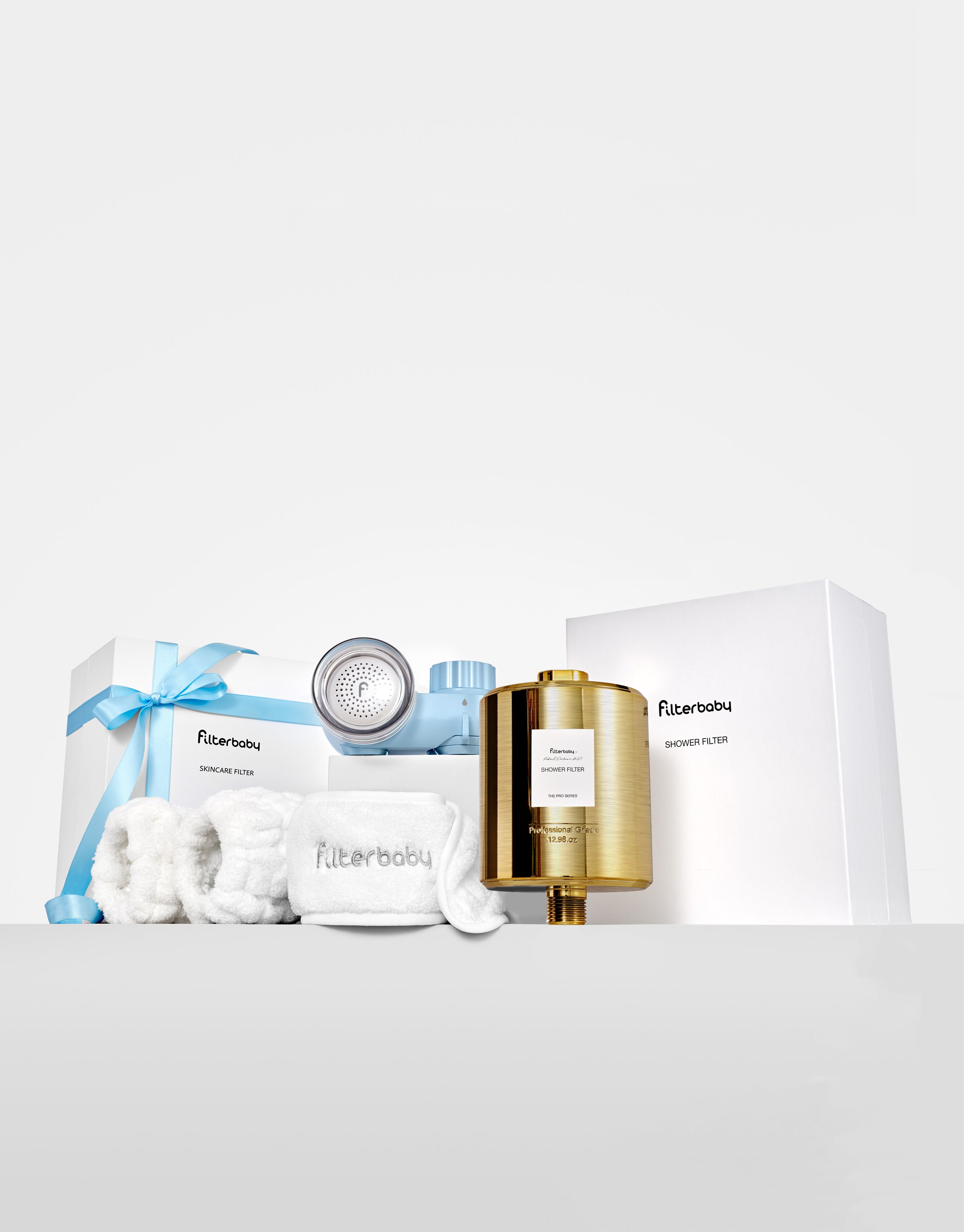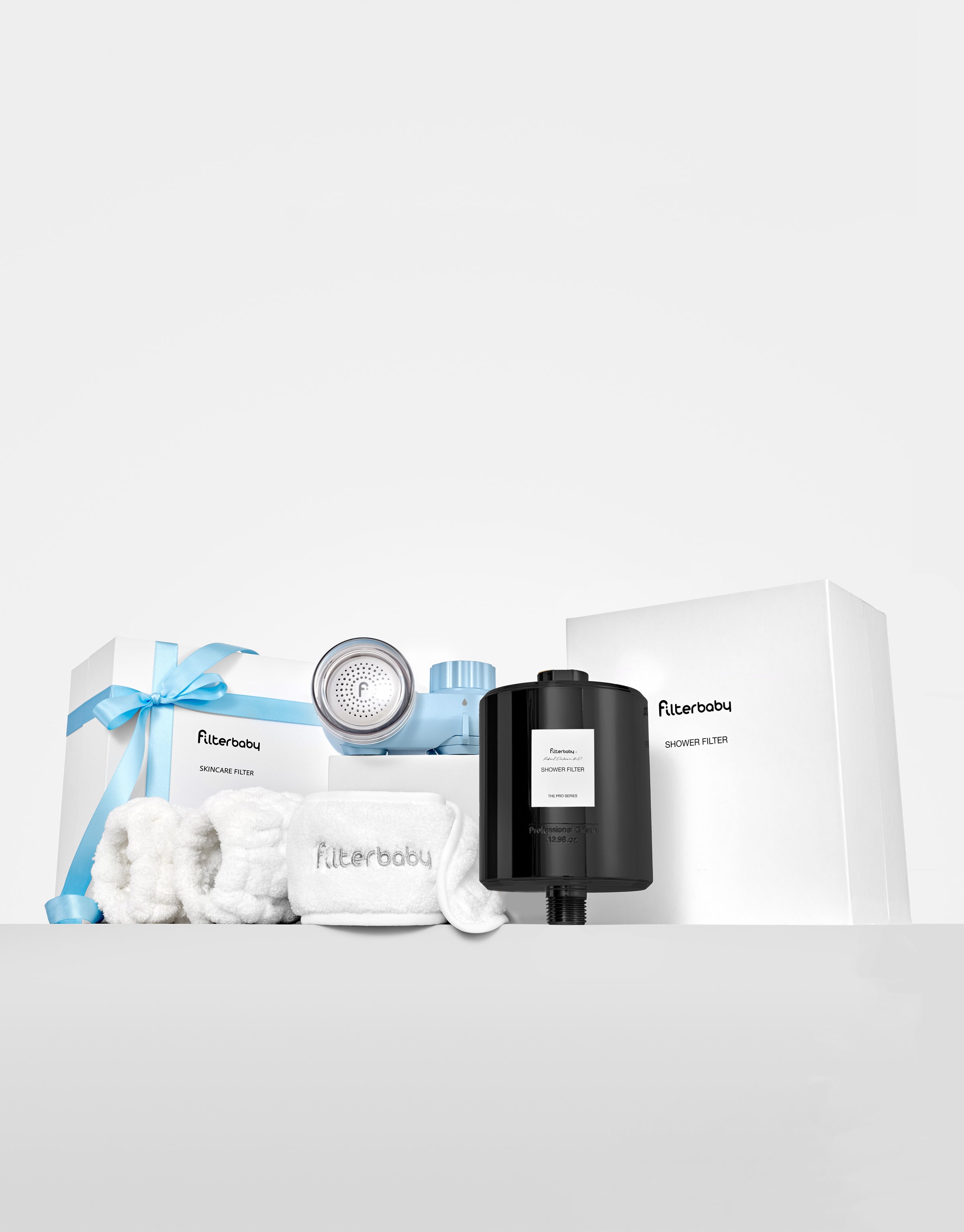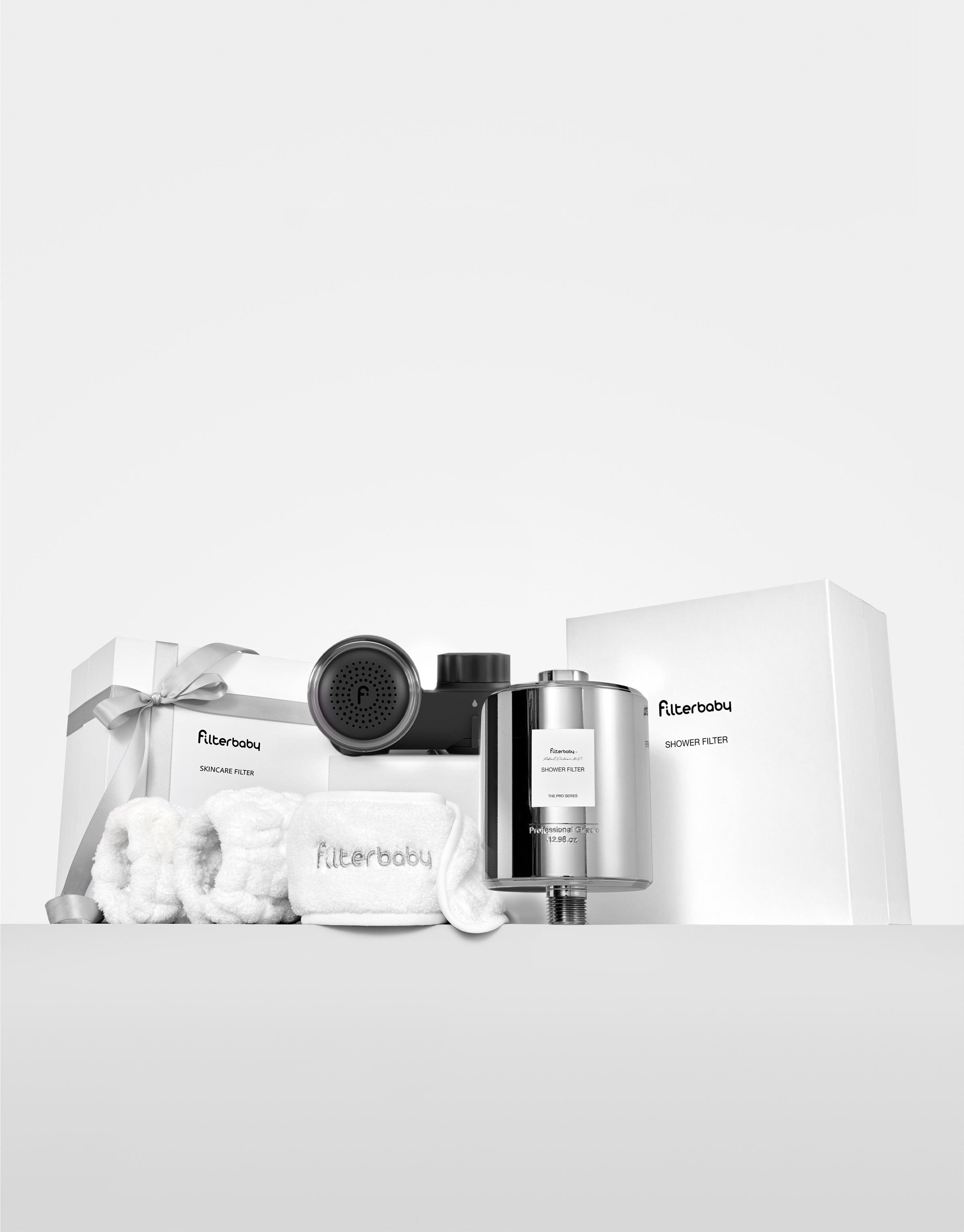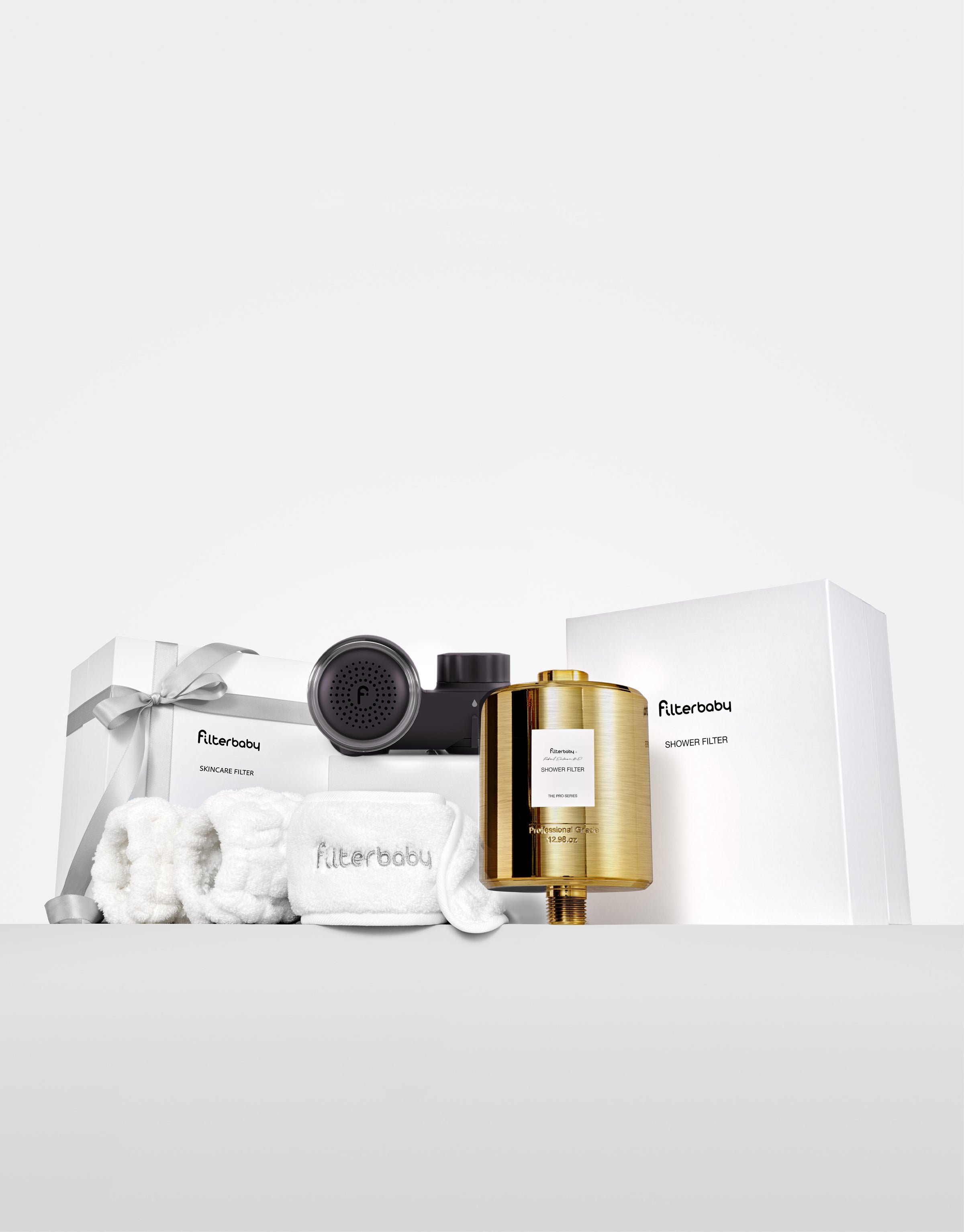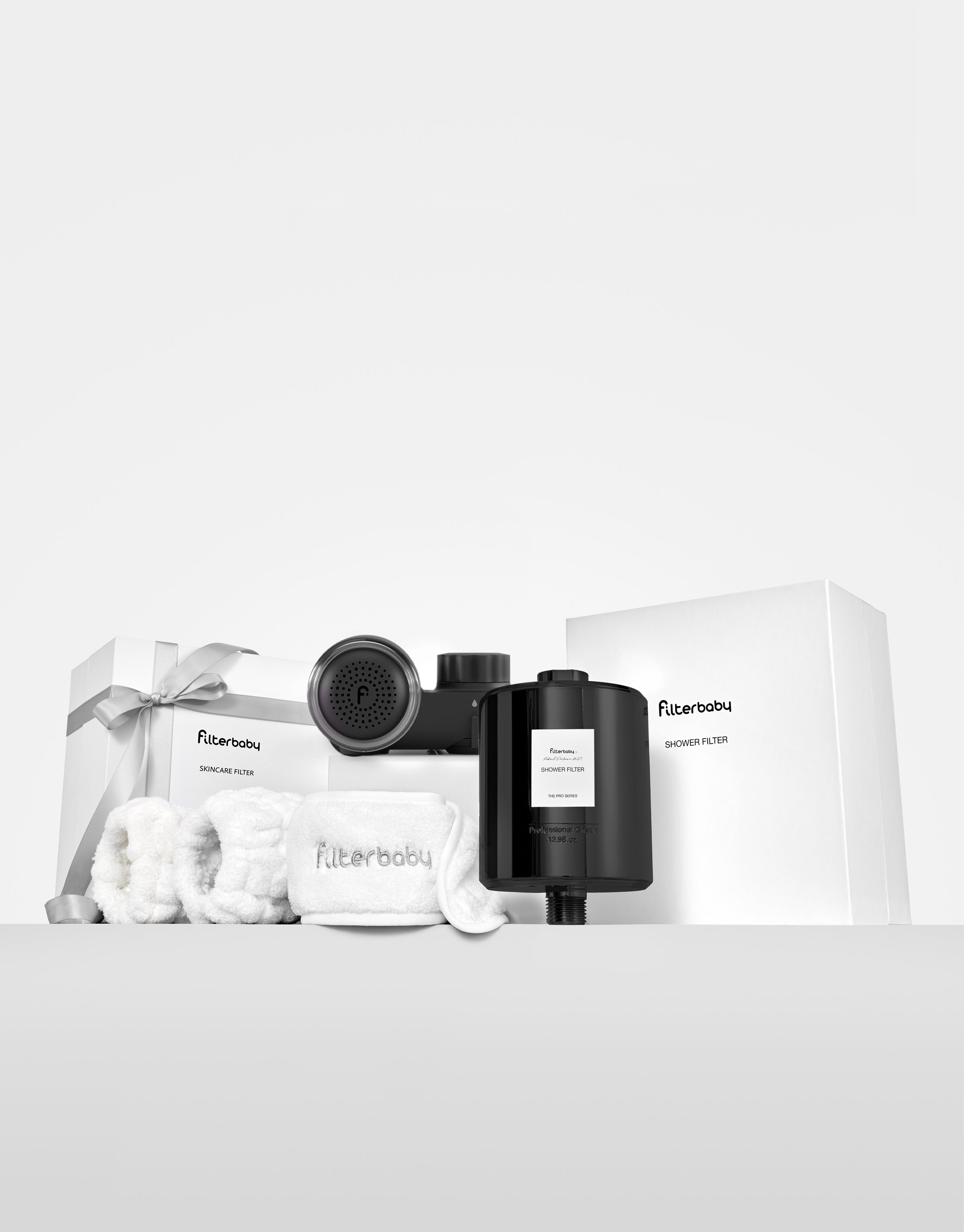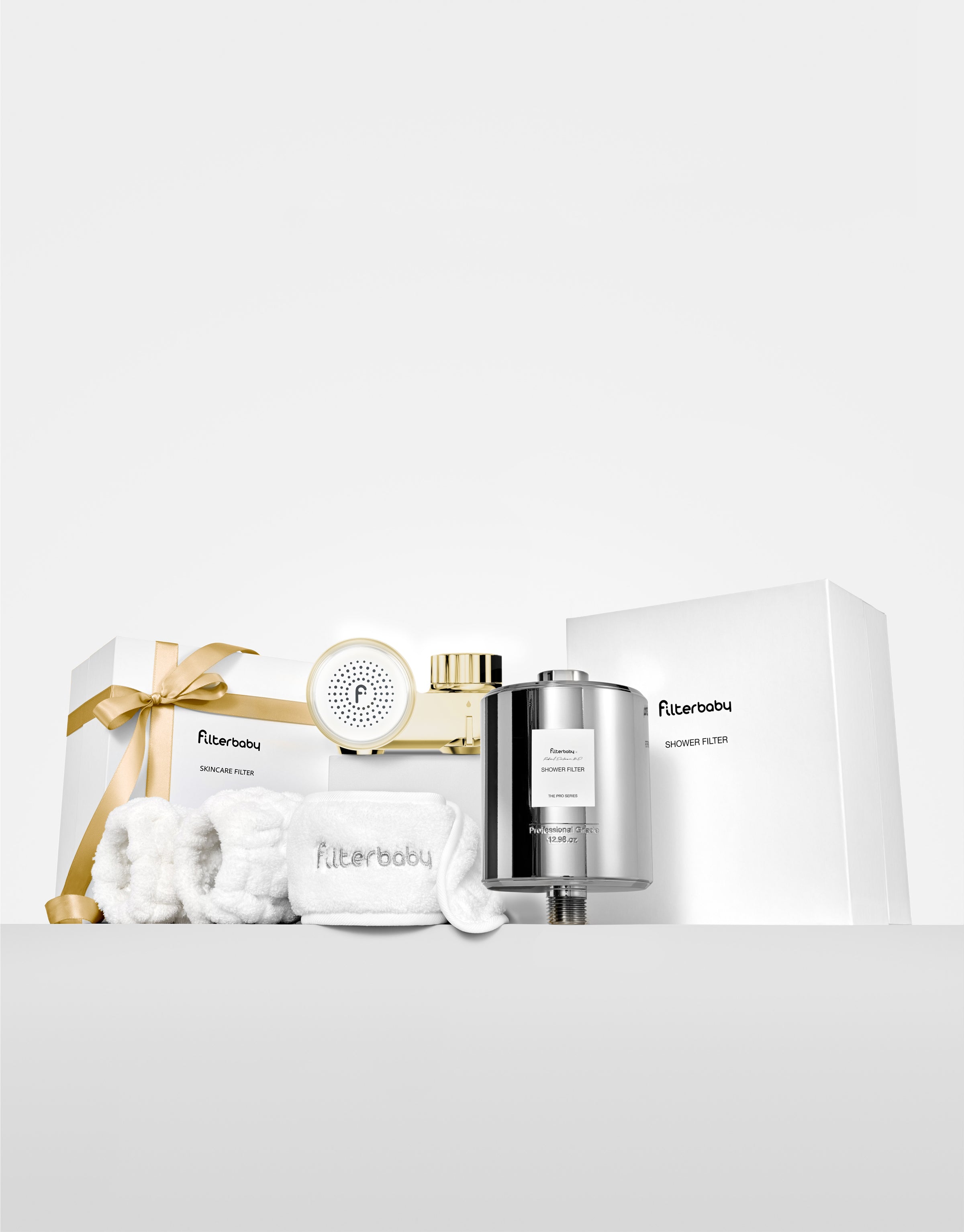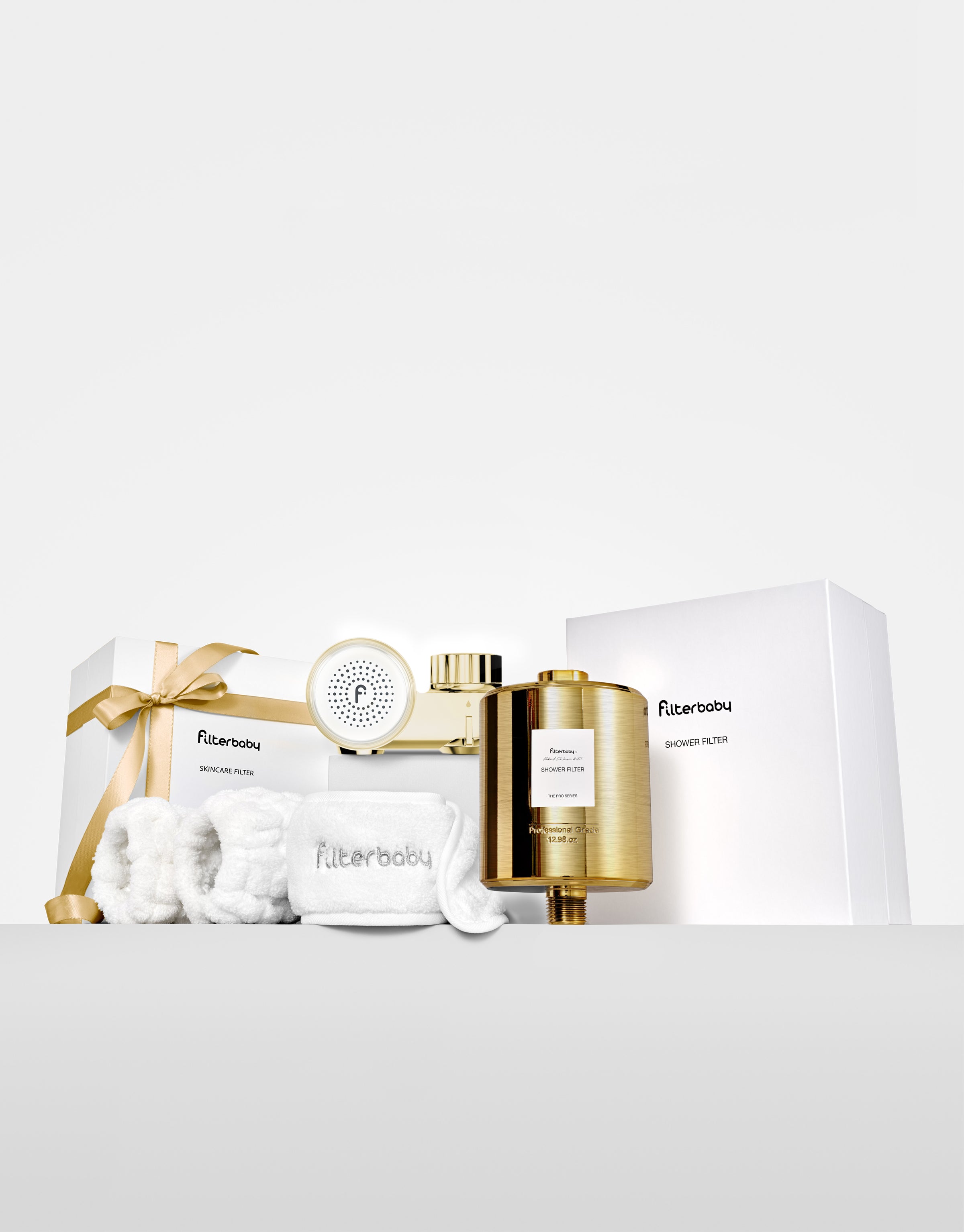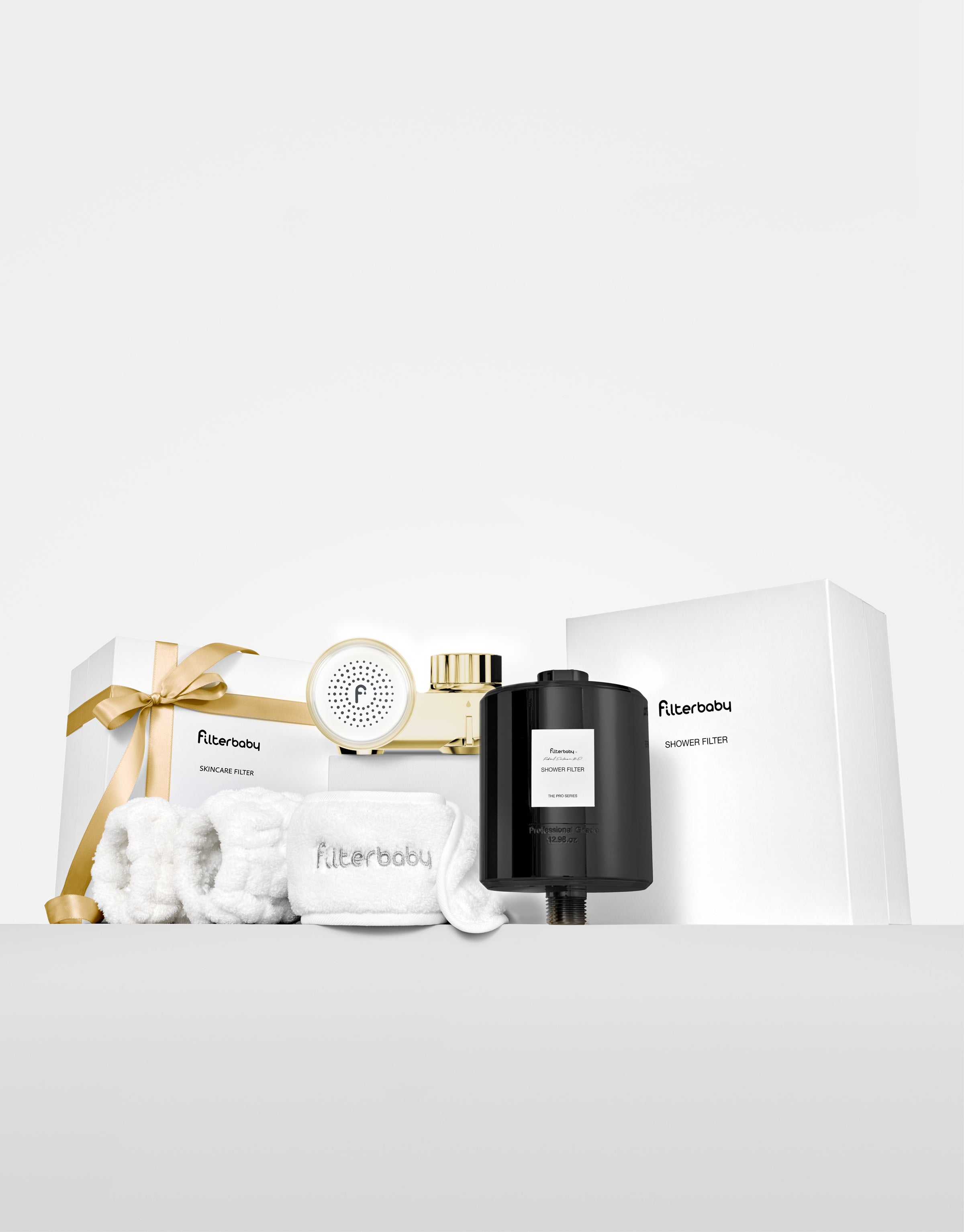There are many different types of cleansers on the market. Read on to see which one you should be reaching for.
Margaret Trashian, MD

Introduction
It’s time to get down and dirty...with your skin! And the first step in any good skincare routine? Cleanser!
Cleanser is an essential component of any skincare regimen. It helps to remove dirt, oil, and impurities that accumulate on skin throughout the day. Without a good cleanser, these impurities can clog your pores, leading to breakouts and dull, lackluster skin. Plus, a clean canvas is key to allowing the rest of your skincare products to penetrate deeply and work their magic. So let's dive in and explore the world of cleansers. Read on to see which cleanser may work best for your skin.

Types of cleansers
Gel
Gel cleansers are a great option for those with oily or acne-prone skin. They typically have a lightweight, non-foaming texture that effectively removes excess oil and impurities without stripping the skin. Look for formulas with ingredients like tea tree oil to help prevent breakouts and promote clearer skin.
Cream
Cream cleansers are perfect for those with dry or sensitive skin, as they offer a gentle yet effective cleanse without stripping the skin of its natural oils. They typically have a thicker, more emollient texture that helps to hydrate and soothe the skin.
Oil
Oil cleansers are a great option for those with all skin types, including oily skin. They work by effectively removing dirt, makeup, and excess oil without drying out the skin. They typically have a silky texture that helps to dissolve impurities, leaving the skin feeling clean and nourished. Look for formulas with ingredients like jojoba or argan oil for added hydration.
Foam
Foam cleansers are ideal for those with oily or acne-prone skin, as they offer a deep cleanse without being too harsh or stripping. They typically have a lightweight, airy texture that creates a rich lather to remove impurities and excess oil.
Clay
Clay cleansers are perfect for those with oily or combination skin, as they offer a deep cleanse while absorbing excess oil and impurities. They typically have a thick, creamy texture that feels luxurious on the skin.
Micellar
Micellar cleansers are a gentle and effective option for removing makeup and impurities from the skin. They work by using micelles, tiny oil molecules, to attract and lift away dirt and oil from the skin without the need for harsh rubbing or rinsing. They are great for all skin types, including sensitive skin, and are easy to use - simply apply to a cotton pad and swipe over the face.
Balms
Balm cleansers are a type of facial cleanser that typically come in a solid form and melt into an oil when massaged onto the skin. They are formulated with nourishing ingredients like natural oils and butters that help to break down makeup, dirt, and impurities while also hydrating and conditioning the skin. Balm cleansers are usually a preference for those with dry or sensitive skin as they do not strip the skin of its natural oils.

Which cleanser is right for me?
When it comes to maintaining healthy skin, choosing the right cleanser is crucial. Different skin types require different types of cleansers to effectively remove dirt, oil, and impurities without causing irritation or dryness. For those with oily skin, a foaming or gel-based cleanser can help to remove excess oil and unclog pores. On the other hand, those with dry skin should look for a hydrating cleanser that can nourish and moisturize the skin. Cream-based or oil-based cleansers are typically the best options for dry skin types. Combination skin can benefit from a gentle cleanser that removes dirt and oil without stripping the skin. Sensitive skin types should look for a fragrance-free and gentle cleanser that won't irritate or dry out the skin. Cream-based or oil-based cleansers can be effective for those with sensitive skin. To better understand which type of cleanser to use, consult with a dermatologist or skin care professional for personalized recommendations.
Along with the right cleanser, using filtered water helps ensure an effective and beneficial cleansing routine. Tap water can contain impurities that can irritate and damage the skin, which can compromise the effectiveness of a cleansing routine. Using filtered water can help to enhance the performance of cleansers by reducing impurities in tap water that can interfere with the cleansers ability to remove dirt, oil, and makeup. Using a filter like the Filterbaby system, that can directly be added to the faucet and includes a carbon fiber filter
and a hollow fiber membrane which helps reduce particles up to 0.2 microns in size. It also helps soften the water by reducing the amounts of calcium and magnesium present, thanks to PROdermis technology.
FAQ
How do I choose the right cleanser?
Identify your skin type. Is it oily, dry, combination, sensitive or acne-prone? Then, look for a cleanser that is specifically formulated for your skin type. Consider the ingredients and look for ones that will address your specific skin concerns. Consider the texture of the cleanser and choose one that is appropriate for your skin type. When in doubt, consult with a dermatologist or skin care professional for personalized recommendations.
How do I know my skin type with cleanser?
- Wash your face with a gentle cleanser then pat dry.
- Wait 30 minutes.
- If your skin appears shiny throughout, you likely have oily skin.
- If it feels tight and is flaky or scaly, you likely have dry skin.
- If the shine is only in your T-zone, you probably have combination skin.
- If your skin feels hydrated and comfortable, but not oily, you likely have normal skin.
What kind of facial cleanser do I need?
Use cleansers that are fragrance-free, hypoallergenic, paraben-free, and soap-free to ensure that you are not going to irritate your skin while washing.
Does it matter what type of cleanser you use?
A good cleanser will be gentle, fragrance and irritant free and won't leave your skin feeling tight or dry after rinsing. It is important that you choose a cleanser that is suitable for your skin type.
P.S. We did the homework so you don't have to.
Draelos ZD. The science behind skin care: Cleansers. J Cosmet Dermatol. 2018 Feb;17(1):8-14. doi: 10.1111/jocd.12469. Epub 2017 Dec 12. PMID: 29231284.
Surber C, Kottner J. Skin care products: What do they promise, what do they deliver. J Tissue Viability. 2017 Feb;26(1):29-36. doi: 10.1016/j.jtv.2016.03.006. Epub 2016 Mar 28. PMID: 27090800.
Goodman G. Cleansing and moisturizing in acne patients. Am J Clin Dermatol. 2009;10 Suppl 1:1-6. doi: 10.2165/0128071-200910001-00001. PMID: 19209947.
Lain E, Andriessen AE. Choosing the Right Partner: Complementing Prescription Acne Medication With Over-the-Counter Cleansers and Moisturizers. Journal of Drugs in Dermatology : JDD. 2020 Nov;19(11):1069-1075. DOI: 10.36849/jdd.2020.5536. PMID: 33196748
